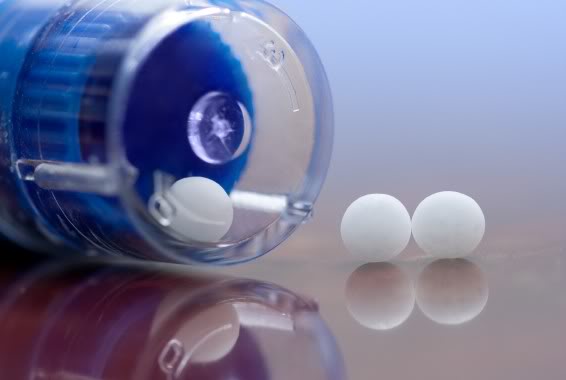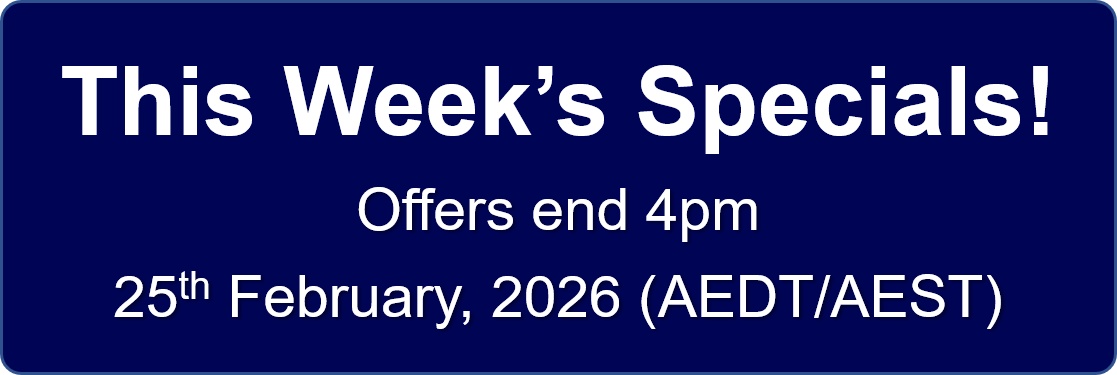Landmark debate: Homeopathy – mere placebo or great medicine?
In November 2012 a landmark debate took place between a skeptic and a homeopath. Dr. Joe Schwarcz, Director of McGill Office for Science and Society and Dr. André Saine, Dean of the Canadian Academy of Homeopathy, faced off over, Homeopathy: Mere Placebo or Great Medicine? You can listen to it here. – http://www.homeopathy.ca/debates_2012-11-27.shtml
Equally interesting were the questions submitted by Dr Schwarcz to Dr Saine following the debate. They are the same ones asked again and again by skeptics and Dr Saine’s answers are more than informative. Take time to read them – but you might like to set yourself up with a cuppa and snacks if you plan to read them in one go.
The questions were:
1-Homeopaths claim that even after a substance is dissolved in water or alcohol and diluted to such an extent that there is not a single molecule of the original solute left, the solution still retains some memory of the solute. But this solution is then impregnated into a sugar pill and the water is evaporated. What then is left behind? And how does whatever is left behind have anything to do with healing?
2- If a patient is diagnosed with bacterial pneumonia would you recommend a homeopathic regimen or antibiotics?
3- Can you provide a peer reviewed, randomized, blinded trial that has been duplicated at least once and appears in a mainstream journal of any specific homeopathic remedy that has been shown to be beneficial in any specific disease?
4- Given a vial of sugar pills provided by a homeopathic supplier, can you in any way determine whether or not the pills have been “activated” by being impregnated with a homeopathically prepared solution?
5- Given that the water used to prepare homeopathic solutions has been in contact with all sorts of substances as it cruised through lakes, rivers and sewage systems, why does it remember only what homeopaths would like it to remember?
6- What possible rationale is there for potency to increase with decreasing concentration? And if this is a case, why does toxicity not increase in a parallel fashion?
7- If homeopathy has truly been proven to be effective as stated by homeopaths, why would it not be embraced by physicians? Are they not interested in healing their patients?
8- The National Center for Complementary and Alternative Medicine in the US has spent 1.4 billion dollars in ten years investigating all sorts of alternative treatments, including homeopathy. How is it that it has been unable to find any evidence that homeopathy provides benefits that are superior to those of a placebo?
9- Can you make a comparison between the number of years of education a homeopath receives versus that of a medical doctor as well as the residency requirements?
10- Given that there are substances that can increase the chance of pregnancy in women, why are there no homeopathic birth control pills?
11- Given that there are numerous chemicals that can cause cancer, why are there no homeopathic remedies to treat the disease?
12- Given that homeopathic medications are claimed to have a physiological effect, why should they not be required to meet the same standard of proof of efficacy as other medications?
13- Is there any homeopathic medication that can in any way cause harm to the patient?
14- What would be the effect of using D2O instead of H2O in preparing a homeopathic solution?
15- You mentioned that you take your own blood and interpret the results because you are a qualified “physician.” But no physician I know of does this. Was William Osler wrong when he said that a physician who treats himself has a fool for a patient?
16- You referred several times to nanoparticles and made a connection to homeopathy. But homeopathy is based on dissolving a substance and sequentially diluting it. By definition nanoparticles are insoluble, so what do they have to do with homeopathy?
17- Would you ever recommend homeopathic prophylaxis for malaria?
18- What journals do you subscribe to?
Their answers can be read at: More Information: Homeopathy: Mere Placebo or Great Medicine?
More Information: Homeopathy: Mere Placebo or Great Medicine?





